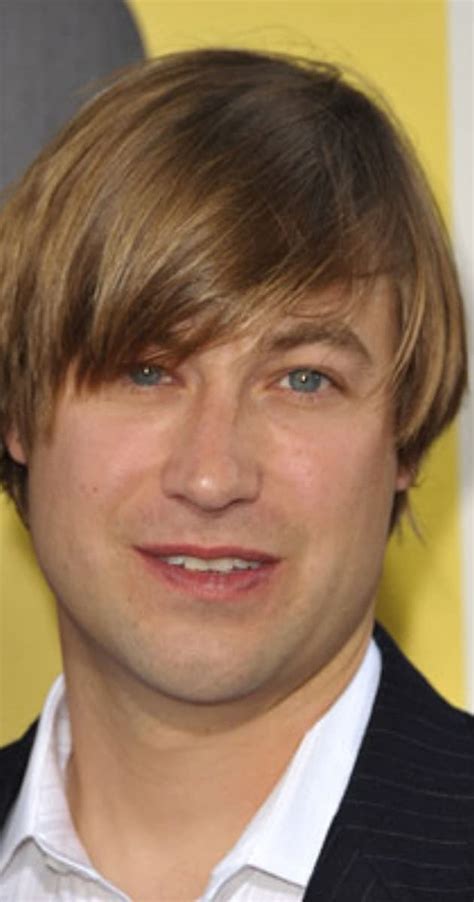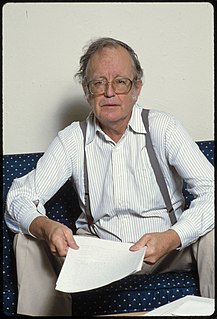A Quote by Alan Ball
'True Blood' differs from 'Six Feet Under' in that there are way more characters and plot-lines, but fundamentally it's still about the characters and their emotions.
Quote Topics
Related Quotes
Fiction writers come up with some interesting metaphors when speaking of plot. Some say the plot is the highway and the characters are the automobiles. Others talk about stories that are "plot-driven," as if the plot were neither the highway nor the automobile, but the chauffeur. Others seem to have plot phobia and say they never plot. Still others turn up their noses at the very notion, as if there's something artificial, fraudulent, contrived.
I have always liked kind of outsider characters. In the movies I grew up liking, you had more complicated characters. I don't mean that in a way that makes us better or anything. I just seem to like characters who don't really fit into. You always hear that from the studio: "You have to be able to root for them, they have to be likeable, and the audience has to be able to see themselves in the characters." I feel that's not necessarily true. As long as the character has some type of goal or outlook on the world, or perspective, you can follow that story.
Unlike most wars, which make rotten fiction in themselves - all plot and no characters, or made-up characters - Vietnam seems to be the perfect mix: the characters make the war, and the war unmakes the characters. The gods, fates, furies had a relatively small hand in it. The mess was man-made, a synthetic, by think tank out of briefing session.





































